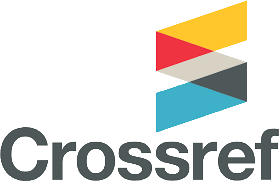Diagnostic validity of the fifth version of Wechsler IQ scales for children with learning disabilities in Tehran
Abstract
Purpose: This study was conducted to look into the diagnostic validity of the fifth version of Wechsler intelligence scale for children among students with learning disabilities in Tehran city. Method: The method of the study, which is within the scope of psychometrics, is a subset of cognitive studies. To achieve the study purpose, from among the study population, which included all primary level students (Grades 1, 2, 3, and 4) of Tehran city who were under pedagogical-intervention services in technical governmental and non-governmental centers, 400 SLD (192 girls and 208 boys) were selected as the sample via purposive sampling method..
The research instrument utilized in the study was the fifth version of Wechsler intelligence scale for children (2014) in which the cut points method (for sensitivity and clarity coefficient method) were emphasized. Results: The study finally revealed that vocabulary and information tests (from verbal comprehension index), arithmetic (from fluid reasoning), direct digit, reverse digit, consecutive digit, picture completion, and letter-number sequencing (from working memory scale) had diagnostic validity. Conclusion: Thus, it might be concluded that the fifth version of Wechsler intelligence scale for children has diagnostic validity and can diagnose students with learning disabilities from normative ones.


